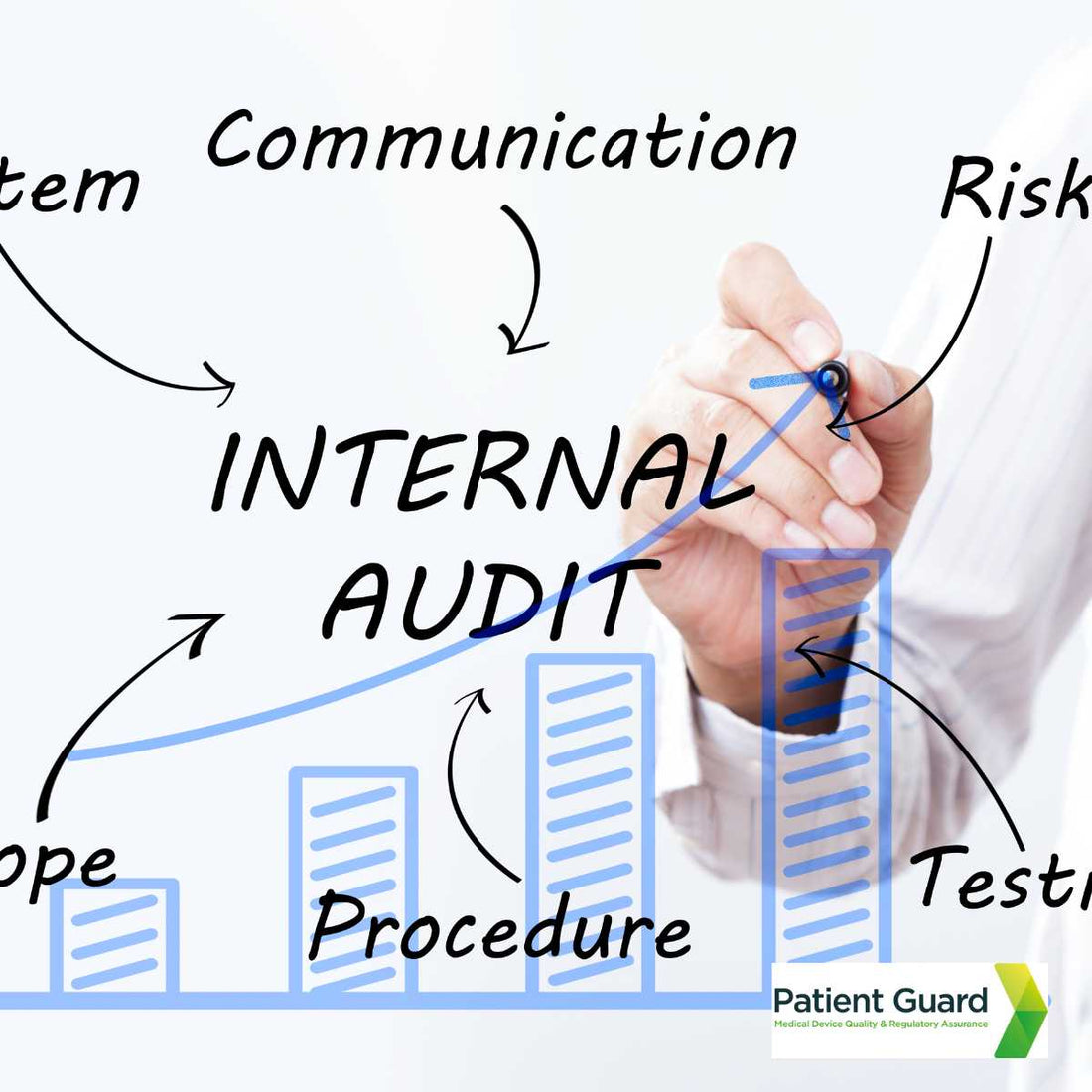Understanding Internal Audit Requirements in Quality Management Systems

Share
Introduction
In today's competitive market, maintaining a high level of quality is crucial for business success. Understanding Internal Audit Requirements in Quality Management Systems (QMS) is vital to ensure that organizations products and services meet customer expectations and comply with regulations. One essential component of an effective QMS is the internal audit process. This blog will guide you through the internal audit requirements related to quality management systems, helping you understand their importance and how to conduct them effectively.
What is an Internal Audit in a Quality Management System?
An internal audit is a systematic, independent review of a company's processes, procedures, and controls to ensure they align with the established quality management system. The goal is to assess whether the organization complies with internal policies, industry standards, and regulatory requirements. Internal audits also help identify areas for improvement, ensuring that the QMS continues to be effective and efficient.
Why Are Internal Audits Important in a QMS?
Internal audits are crucial for several reasons:
- Ensuring Compliance: They help verify that your organization adheres to the relevant standards and regulations, such as ISO 9001. Compliance is critical to avoid legal issues and maintain customer trust.
- Continuous Improvement: Audits highlight areas where processes can be improved, leading to better efficiency, product quality, and customer satisfaction.
- Risk Management: Identifying potential risks and weaknesses in your processes allows you to address them before they become significant issues.
- Preparation for External Audits: Regular internal audits ensure that your organization is always prepared for external audits by certifying bodies or regulatory authorities.

Key Requirements for Internal Audits in a QMS
To conduct effective internal audits, it's essential to meet certain requirements:
- Audit Planning: Develop a detailed audit plan that outlines the scope, objectives, and criteria for the audit. This plan should be based on the processes and areas that have the most significant impact on product quality and customer satisfaction.
- Qualified Auditors: Auditors should be competent and independent, meaning they should not audit their own work. They must have a thorough understanding of the QMS, the specific processes being audited, and the relevant standards.
- Documented Procedures: The audit process should be well-documented, with clear procedures for conducting audits, reporting findings, and following up on corrective actions.
- Audit Execution: During the audit, gather evidence through interviews, observations, and document reviews. The auditor should evaluate whether the processes are being followed as documented and if they meet the required standards.
- Reporting and Follow-Up: After the audit, the findings should be documented in an audit report. This report should include any non-conformities, areas for improvement, and recommendations. It's essential to follow up on corrective actions to ensure that issues are resolved effectively.
- Management Review: The results of internal audits should be reviewed by top management to ensure that the QMS remains effective and that necessary improvements are implemented.
Best Practices for Conducting Internal Audits
To get the most out of your internal audits, consider these best practices:
- Regular Audits: Conduct internal audits regularly, rather than just when preparing for external audits. This helps maintain a culture of continuous improvement.
- Focus on High-Risk Areas: Prioritize auditing areas that have the highest impact on quality and customer satisfaction.
- Involve Employees: Engage employees in the audit process to promote understanding and buy-in for the QMS.
- Use Checklists: Utilize checklists to ensure that all relevant aspects of the process are audited, but be flexible to explore areas outside the checklist if necessary.
- Training and Development: Continuously train auditors to improve their skills and keep them updated on any changes in standards or regulations.
Summary
Internal audits are a critical component of a Quality Management System. They ensure compliance, promote continuous improvement, and prepare organizations for external audits. By following the outlined requirements and best practices, your organization can effectively use internal audits to enhance its QMS and achieve long-term success.
Internal Audit Templates
- Internal Audit Procedure ISO 13485
- Internal Audit Plan ISO 13485
- Internal Audit Schedule ISO 13485
- Internal Audit Report ISO 13485
- Internal Audit Procedure ISO 9001
- Internal Audit Plan ISO 9001
- Internal Audit Schedule ISO 9001
- Internal Audit Report ISO 9001
Patient Guard Quality Assurance Services
Patient Guard is the owner of QMSREGS and provides Quality Assurance Services. These services include the implementation and management of QMS to ISO 13485 and ISO 9001 as well as performing Internal Audits for customers.
